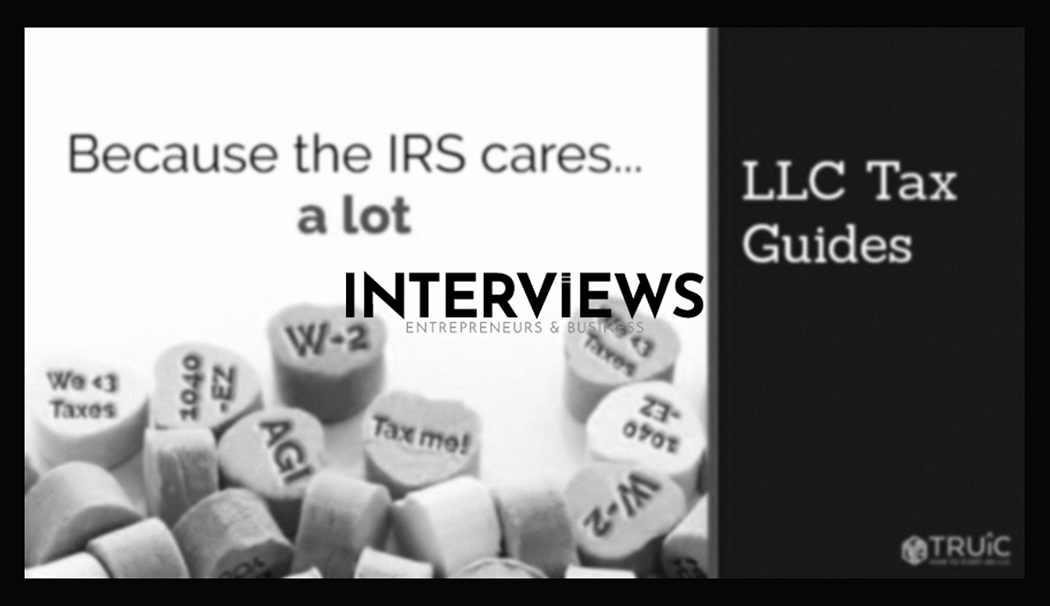Decoding the Texas LLC Cost Mystery: Is It Really That Pricey?
So, you’re considering starting a business in Texas, and the term “LLC” pops up. Good choice. Limited Liability Companies (LLCs) bring flexibility and protection for your startup. Before diving in, let’s get to the point – what will this venture cost in Texas? It’s not that simple.
We will explore Texas LLC costs, from initial filing fees to annual obligations (or lack thereof in this state). We even have some cost-saving strategies. Prepare yourself because we’re dissecting the real cost of a Texas LLC.
The Initial Toll: Registering Your Texas LLC
Let’s discuss the upfront cost – the state filing fee. Texas charges a $300 filing fee for your Certificate of Formation. That’s right, three hundred bucks just to get your LLC paperwork in order. Compared to other states, Texas might seem pricier, much like its BBQ.
If you’re the cautious type and want to reserve your LLC name before filing – perhaps you need time for that logo – that costs an additional $40. This is like a down payment on your business name’s future. It’s optional but beneficial for planners.
Are There Annual Fees? Hold Your Horses!
Here’s where Texas surprises you in a good way. Unlike many states, Texas doesn’t charge annual fees just to keep your LLC active. No yearly renewal fees. Think of this as Texas saying, “We trust you, small business. Keep it going.”
But don’t get too confident; there’s a catch. Texas has a Franchise Tax. It’s not as bad as it sounds. Texas lacks personal and corporate income tax! To compensate, they impose this franchise tax on businesses.
The franchise tax isn’t based on income but rather your business’s “margin.” It can be complex, but most small LLCs either pay a lower rate or none at all if they fit certain revenue criteria. You’ll likely need to file a Franchise Tax Report annually with the Texas Comptroller, but there’s no fee for this report.
BOI Report? Sounds Mysterious…
Welcome to acronym land! BOI means Beneficial Ownership Information. Uncle Sam wants the names of those who *really* control US businesses. If your LLC isn’t exempt (most aren’t), you’ll need to file a BOI Report with FinCEN (Financial Crimes Enforcement Network). This is a federal requirement, not just for Texas, and currently, there are no fees. Don’t skip this; penalties for non-compliance can be severe.
Hidden Costs Lurking in the Shadows?
While Texas has low annual *state* fees, watch for other costs. Depending on your business, you might need local business licenses or permits, which often require renewal fees. And about that franchise tax? While the report is fee-free, you might owe taxes based on your financial situation.
Remember about late fees. Although there’s no specific late fee for the initial registration, if you file your Franchise Tax Report late, expect a $50 fine. Also, interest and more penalties can stack up. File on time to avoid a headache.
Operation: Cost-Cutting Commando – Reducing Your LLC Expenses
Forming an LLC in Texas isn’t free. But don’t worry, frugal entrepreneur! You can lower costs. Let’s unleash your inner cost-cutting expert:
- DIY Filing: Want the lowest cost? Do it yourself. You can get the forms and instructions from the Texas Secretary of State’s website. It’s straightforward.
- Be Your Own Registered Agent: Every Texas LLC needs a registered agent. You can hire one, but that adds expenses. To save money, be your own registered agent if you have a Texas address and are often available.
- Free Templates are Your Friend: No need to pay for legal documents at first. Many reputable sites offer free LLC operating agreement templates. Use them to start and customize as needed later.
- Get Your EIN for Free: Think of an EIN (Employer Identification Number) as your business’s Social Security number. You’ll need it for a bank account or to hire employees. Get it for free from the IRS by filling out Form SS-4.
EIN Essentials: Do You Really Need One? And When?
Let’s clarify when an EIN is necessary for your Texas LLC.
- When It’s Essential: If your LLC will hire employees or needs to pay certain federal excise taxes, you’ll need an EIN.
- Even if You’re Solo: If you’re a single-member LLC classified as a “disregarded entity,” most banks will require an EIN to open an account. It simplifies finances.
- No Cost Again: Remember – getting an EIN from the IRS remains free.
- Application Process: Apply for an EIN by completing Form SS-4, available on the IRS website. You can apply online, by mail, or by fax.
- Timing Matters: Pro-tip: Wait until your Texas LLC is approved before applying for your EIN. It keeps things moving smoothly.
The Filing Tango: Certificate of Formation and Processing Time
Ready to make it official? To kick off your Texas LLC journey, file the Texas Certificate of Formation with the Secretary of State. This document formally establishes your LLC in legal terms. Yes, this is where that $300 filing fee goes.
You can often file online for quicker processing. While times vary, online filings typically process faster than mail submissions. Patience is key; forming a business takes time, but online filing speeds things up.
Taxes, Taxes, and (Thankfully Less) Texas Taxes
Let’s revisit the tax situation in Texas because it’s a major perk. Texas has no state corporate income tax and no individual income tax. This is a huge advantage for businesses. Your Texas LLC mainly faces federal income taxes. Great!
However, remember the franchise tax report we mentioned? Yes, it still exists. As an LLC member, you may also need to pay federal self-employment taxes. Unlike regular paychecks, taxes won’t be automatically withheld.
As an employee, you must pay these taxes yourself. Typically, you pay them quarterly or annually. It’s not necessarily *more* tax. It’s a different payment method.
The Million-Dollar Question: Is a Texas LLC Actually Worth It?
After this breakdown, is forming an LLC in Texas a good idea? For many businesses, the answer is a strong YES.
Here’s why Texas LLCs are often a smart choice:
- Liability Protection: This is crucial. An LLC provides a barrier between your personal assets and your business debts. If your business faces legal issues or debts, your personal funds, home, and vehicle are mostly safe. That peace of mind often holds great value.
- Pass-Through Taxation: LLCs have “pass-through” taxation. So the business usually doesn’t pay corporate income tax. Profits and losses go to the members. They report them on personal tax returns. This helps avoid the double taxation some corporations face.
- Flexibility is Key: LLCs allow great flexibility in management and ownership. You can tailor them to meet your business needs. Adding members and adjusting operations is straightforward as your business grows.
- Tax Advantages (Yes, More!): Besides having no state income tax, LLC pass-through taxation provides tax planning options that benefit owners.
- Reasonable Formation Costs: The filing fee is $300. This is not the lowest in the nation, but it is a one-time payment. Plus, there are no annual renewal fees. This often leads to long-term savings compared to other states.
However, consider some aspects:
- Charging Orders and Foreclosure: LLCs provide protection, but it’s not foolproof. Creditors may seek remedies like “charging orders” or may attempt to foreclose on a member’s interest in some cases. Despite strong protection, it’s not always impenetrable.
- Self-Employment Taxes: You likely need to handle self-employment taxes if you’re an LLC member. This isn’t a downside of the LLC structure. It’s simply part of being self-employed.
In conclusion: Creating a Texas LLC requires an initial $300 filing fee. After that, annual state costs are quite low. By being resourceful and using DIY strategies, you can keep startup costs manageable. Given the liability protection and flexibility an LLC offers in Texas, it’s often a great investment for entrepreneurs.
For more detailed information, check out resources like Annual Costs for a Texas LLC – Copp Law Firm, How to Start an LLC in Texas: A Step-by-Step Guide | Collective, and Texas LLC Costs: The Real Price Tag Revealed – Under30CEO.





